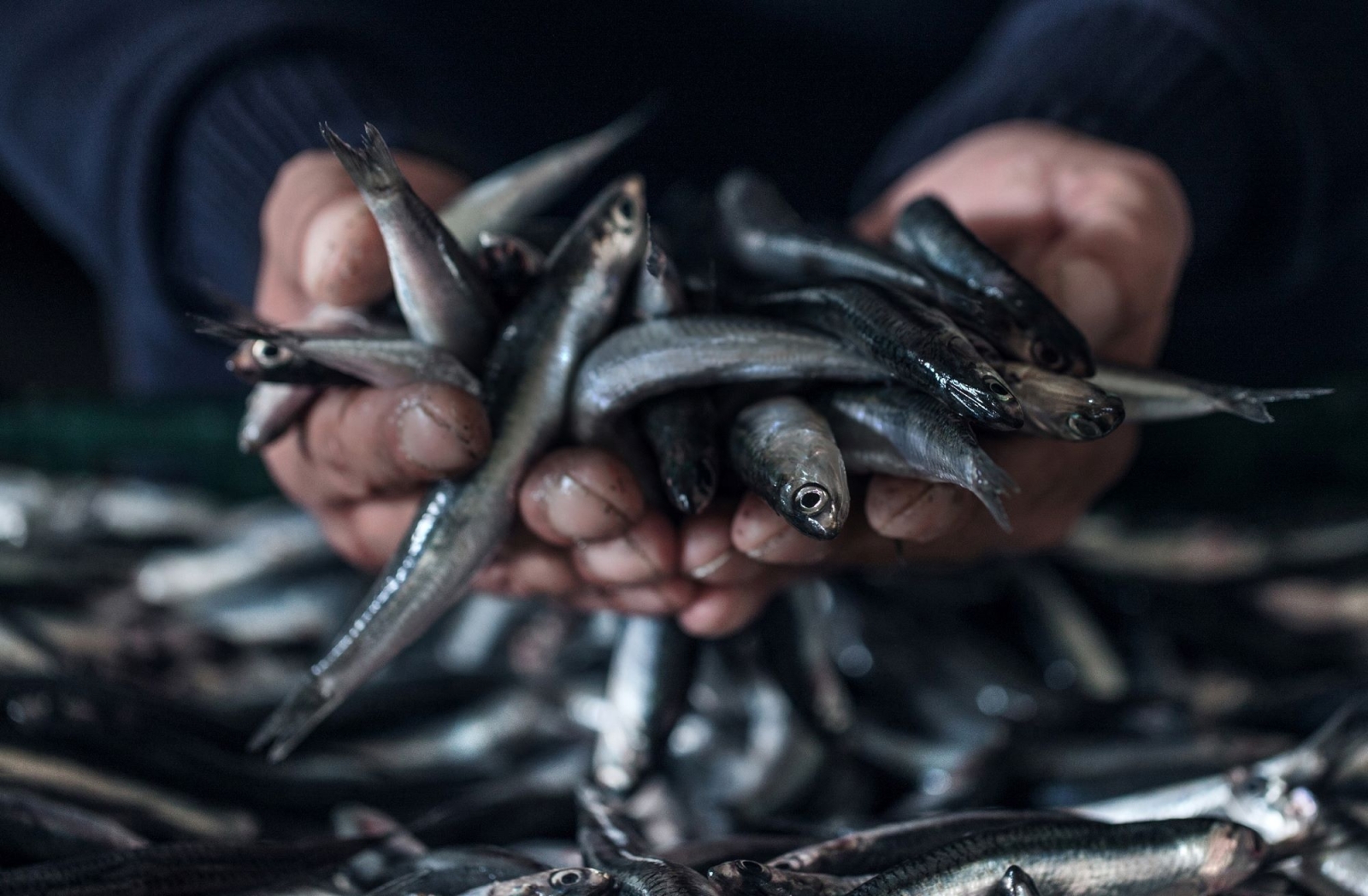The sea is the only source of supply for the fishing industry, and its protection should be the core of any and all activity in this sector. Fish sampling methods and water health are among the factors that end up influencing the food safety of products sold in supermarkets. For Delicius, a leading company in the production of canned anchovies, sardines, mackerel and shrimps, this is a crucial point: transparency and sustainability have become a way to offer safer, high quality products while minimising their environmental impact.
The first carbon neutral anchovy fillet
Every company has its own climate-altering emissions to abate and offset. Since Delicius production process is mostly manual, with low energy consumption, its decarbonisation efforts focus mainly on transportation through fishing boats and lorries. Moreover, the company participates in carbon offsetting projects, starting with the Decarb project – promoted by Confindustria Emilia-Romagna in collaboration with Intesa San Paolo and Nativa – which Delicius chose to evaluate its processes in terms of CO2e (carbon dioxide equivalent) impact.
“Through this project on the calculation of emissions”, explains Irene Rizzoli, Managing Director of Delicius, “we decided to focus on a specific product line, namely anchovy fillets”. After completing an EPD study on anchovies, Delicius was the first company in Europe to produce a 100% carbon offset canned fish. In fact, the carbon footprint of each can of anchovies is either fully mitigated, by rethinking and reducing industrial processes, or offset by purchasing carbon credits.
“We were the first in our industry to launch a carbon neutral product line, coming from certified sustainable fishing and completely plastic-free,” continues Rizzoli. “Our anchovies come from the Cantabrian Sea, the Sicilian Channel and the Adriatic Sea”.
Recyclable plastic-free packaging
In 2016, a report by the World Economic Forum estimated that, at the current rate of consumption, the sea could harbour more plastic than fish by 2050. Fishing for plastic instead of delicious anchovies is certainly not a comforting scenario for Delicius. Hence the decision to minimise the amount of plastic in the packaging for the fish market, choosing 100% recyclable materials, removing the traditional plastic label around the can, getting rid of the secondary packaging, and making point-of-sale displays out of certified wood.
Thanks to LCA studies which began in 2020, the Parma-based company was able to focus on the packaging circularity, aiming to use 100% recyclable materials and accelerating the phasing out of plastic, which today accounts for less than 2% of the purchase of packaging materials.
Reusing the oil
A circular economy is also about preventing food waste. After conducting a market survey, Delicius discovered that the oil in which anchovies are preserved was often thrown away and commissioned the University of Milan for a study to demonstrate its benefits. “The study demonstrated not only that this oil preserves all its organoleptic properties and nutritive values, but also that being in contact with the anchovies enriches it with important nutrients such as vitamin A and omega-6”, says Rizzoli.
Notably, the study conducted by a research group under the direction of Luca Chiesa, professor at the University of Milan, has shown that vitamin A, which is contained in fish and helps developing our bones and immune system, often transfers from the anchovies to the oil, improving its nutritional properties.
Image: Delicius
Download and read issue #45 of Renewable Matter on the ocean an the blue economy.



